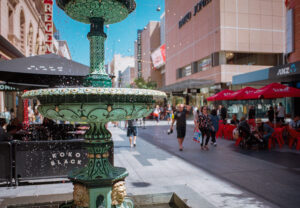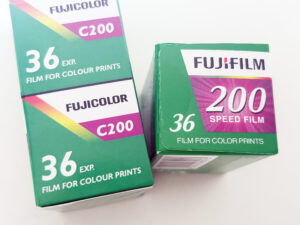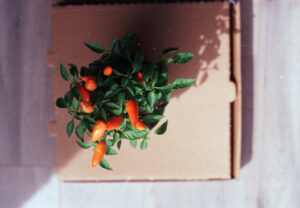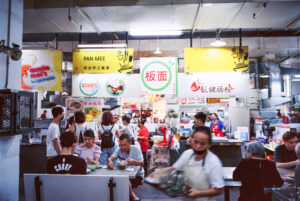A delicacy for sale on the streets of Kuala Lumpur. Snapped on Changkat near Bukit Bintang. Durian is indeed considered a delicacy in Malaysia, and it holds a special place in the hearts of Malaysians. I was there when Durian resellers were everywhere as it is in season so I was lucky enough to just snap away.
Cultural Significance
Durian has deep cultural roots in Malaysia. It has been a part of Malaysian cuisine for centuries and is often associated with tradition and heritage. It is commonly enjoyed during festivals, special occasions, and family gatherings.
Unique Flavour
Durian is known for its distinctive taste, which is often described as a mix of sweet, creamy, and slightly savoury flavours.
Famous for its smell
The smell of durian is notorious for its strong and pungent aroma. It is often described as a mix of sweet, fruity notes with hints of onion and garlic. Some find the scent delightful, comparing it to roses or caramel, while others consider it repulsive, comparing it to rotten onions or sewage. The smell can linger and cling to clothes and surroundings, contributing to its distinct and memorable presence.
Hence not allowed in hotels
I had to eat my durian outside. Due to the strong and lingering odor of durian, many Asian hotels have policies in place that prohibit guests from bringing durian into their premises. The potent smell of durian can permeate rooms and hallways, causing discomfort to other guests who may find the smell unpleasant. By implementing such restrictions, hotels aim to maintain a pleasant and odor-free environment for all guests. These policies are in line with the cultural sensitivity to the smell of durian and the desire to ensure a positive experience for everyone staying at the hotel.
Wide Varieties
Malaysia boasts a wide variety of durian cultivars, each with its own unique characteristics and flavors. Some popular varieties include Musang King, D24, XO, and Red Prawn. Each variety has its own fan base, and enthusiasts often debate about their preferred types.
Durian Orchards
Malaysia is home to numerous durian orchards, particularly in regions like Pahang, Johor, and Penang. These orchards offer visitors the opportunity to experience durian firsthand, allowing them to taste various varieties, learn about the fruit’s cultivation, and immerse themselves in the durian culture.
Culinary Delights
Malaysians have a knack for incorporating durian into a wide range of culinary creations. Apart from eating the fruit as it is, durian is used as an ingredient in desserts, cakes, ice creams, pancakes, and even savory dishes. Its rich and creamy texture lends itself well to various culinary applications, making it a versatile ingredient.
Social Bonding with the Fruit
Durian is often enjoyed in a communal setting, where friends and family gather to share the fruit together. This fosters a sense of togetherness and strengthens social bonds. It is not uncommon to see groups of people sitting around a table, engaging in lively conversations while savoring the fruit.
Health Benefits
Durian is also valued for its nutritional properties. It is a good source of dietary fiber, vitamin C, potassium, and antioxidants. Malaysians appreciate the fruit not only for its taste but also for its potential health benefits.
Export and Tourism
Malaysia is one of the largest producers of durian in the world. The popularity of durian has led to its export to various countries, particularly in Asia. Additionally, durian tourism has gained momentum, attracting both local and international visitors who are eager to explore durian plantations, attend durian festivals, and indulge in durian-based experiences.
Durian’s status as a delicacy in Malaysia stems from its unique flavour, cultural significance, culinary versatility, and the shared experiences it creates. Malaysians take pride in this spiky fruit, and it has become an integral part of the country’s identity.





































































